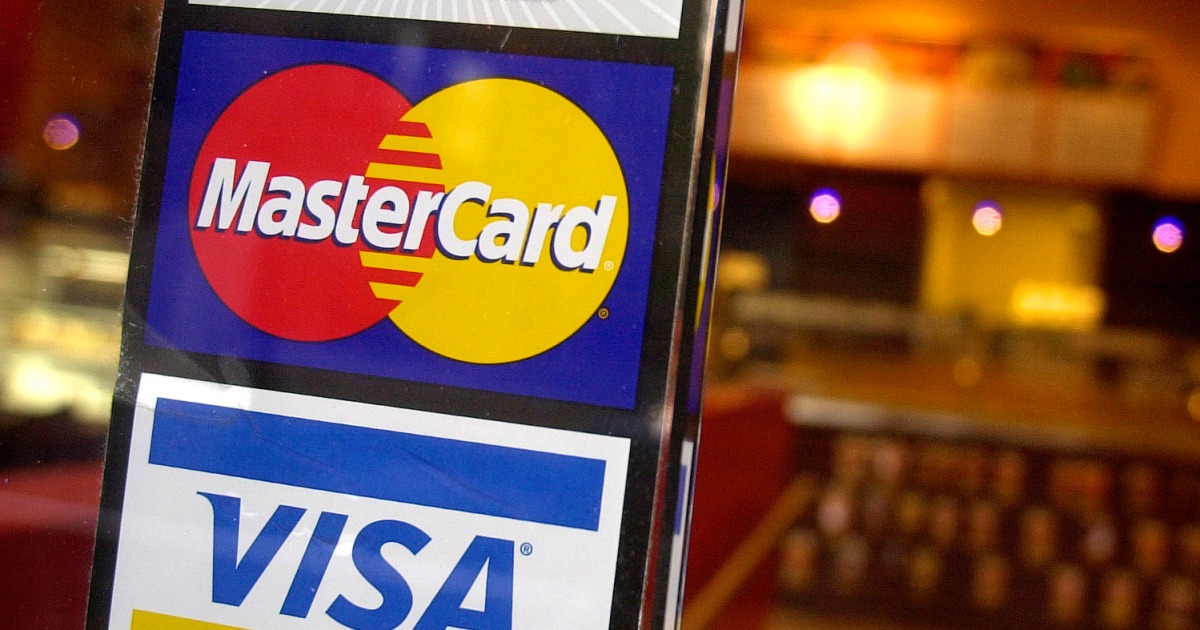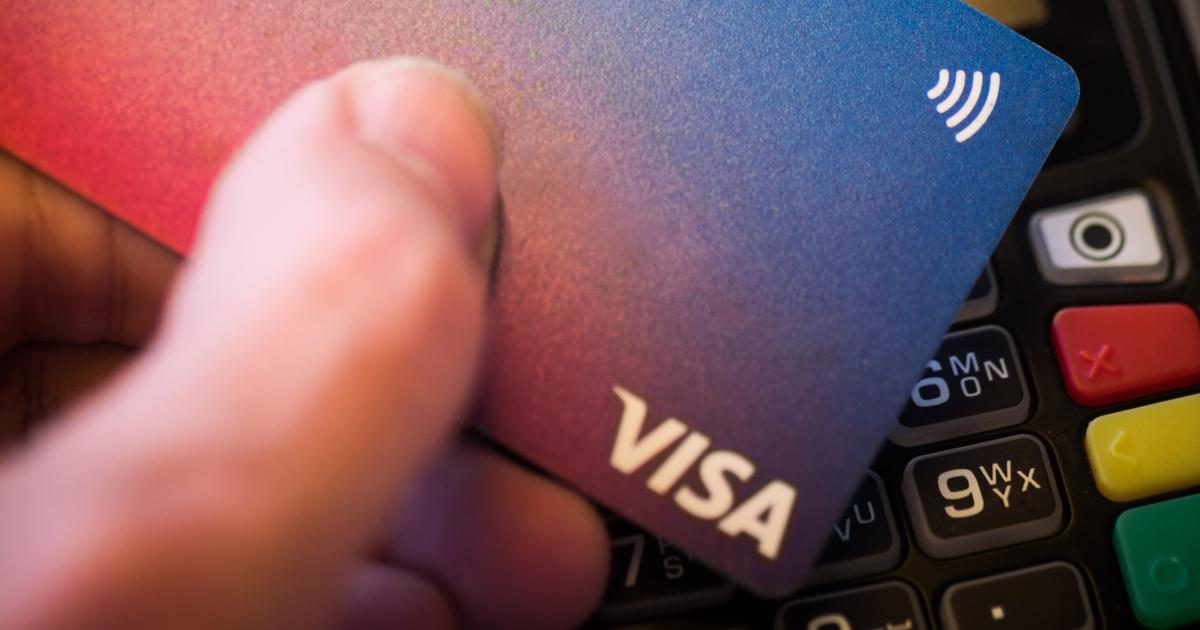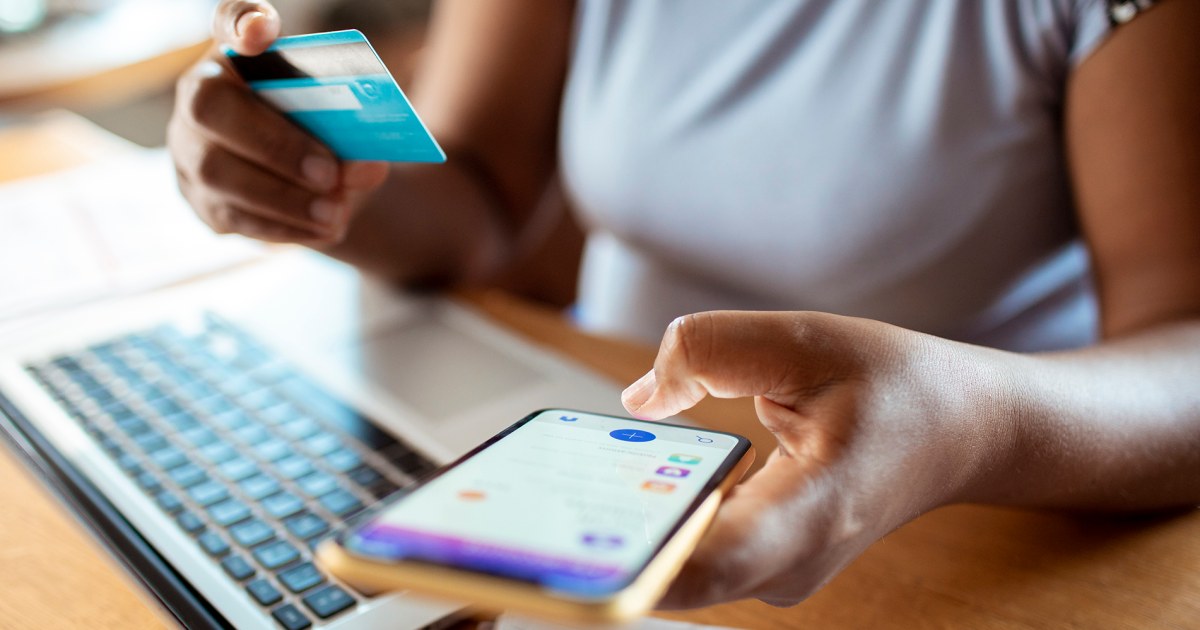By Janet Álvarez - CNBC + Acorns
The Administration chaired by Donald Trump has reimposed the public charge rule since September, which allows denying permanent residence to those who can make use of public benefits such as food stamps or housing assistance, and denying the entry visa to immigrants who Federal agents think they might need them.
Learn about the limitations of this rule, its benefits, and what effect the economic crisis generated by COVID-19 has had.
USCIS retakes the public charge rule for immigration procedures
Sept.
23,202000: 28
What the standard says
The public charge rule decrees that entry to the country or permanent residence can be denied to any person who demonstrates that they do not have the resources to support themselves.
By definition, this means that if you receive public financial aid for more than 12 months out of the last three years, you can be considered a public charge.
If you receive help from two programs, this would count as two months.
For example, if you receive food stamps from the Supplemental Nutrition Assistance Program (SNAP) or what is the same, food stamps, plus rental assistance provided for in Section 8, the two benefits received in one month would count as two months of benefits.
What about the controversy that exists with the issue of public charge?
Aug. 13, 202000: 39
These are the public services included in the rule:
Supplemental Security Income benefits, known as SSI, for low-income disabled adults and children.
Any cash benefits issued by the federal or state government.
Temporary Assistance for Needy Families (TANF).
This program provides “child care, job readiness, and job assistance” assistance for low-income pregnant or dependent women under 19 years of age.
The Supplemental Nutrition Assistance Program (SNAP), which provides funds for the purchase of food to low-income families.
Programs under Section 8 that provide housing assistance to low-income families.
Public housing assistance under Section 9.
Medicaid benefits, with certain exceptions, such as for pregnant women or 60 days after giving birth, as well as benefits for children under 21 years of age.
Exceptions contemplated in the rule
The public charge rule does not apply to asylees, refugees, or immigrants with special visas, such as those from Iraq or Afghanistan.
Nor to those infected by coronavirus or who manifest symptoms and seek medical attention
And, if for reasons related to the pandemic, your income has been affected and you have received public services, this factor can be considered as part of your application.
You must submit a letter to the Citizenship and Immigration Services (UCSIS) explaining your financial situation, and show that you are benefiting from more public services on a temporary basis.
This article is part of the Invest in You Ready series. Set. Grow (Invest in you: Ready. Done. Grow), an initiative of CNBC and Acorns, the micro-investment app. NBC Universal and Comcast Ventures are Acorns investors.















